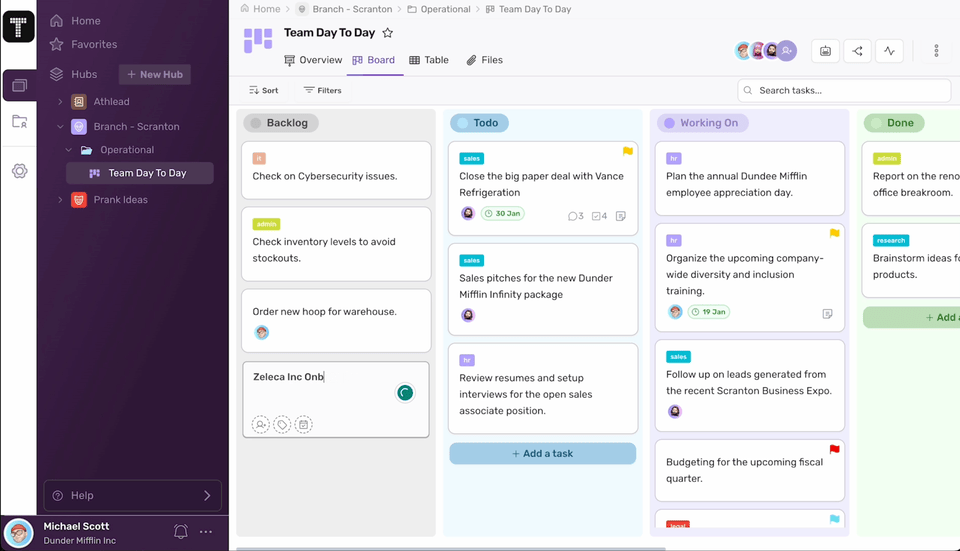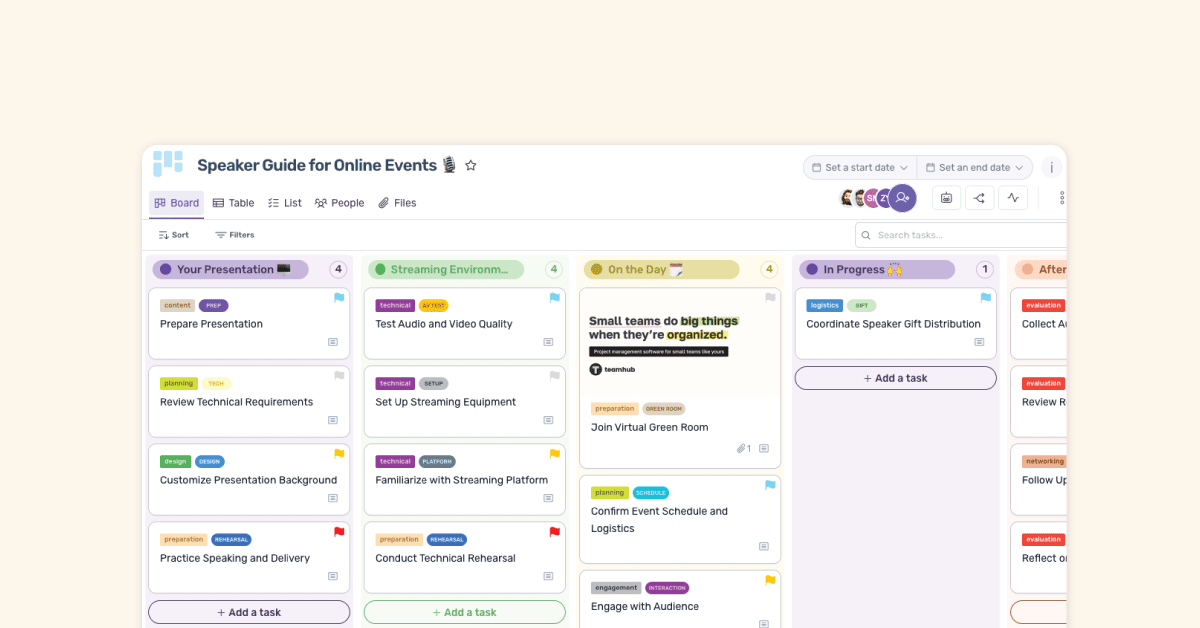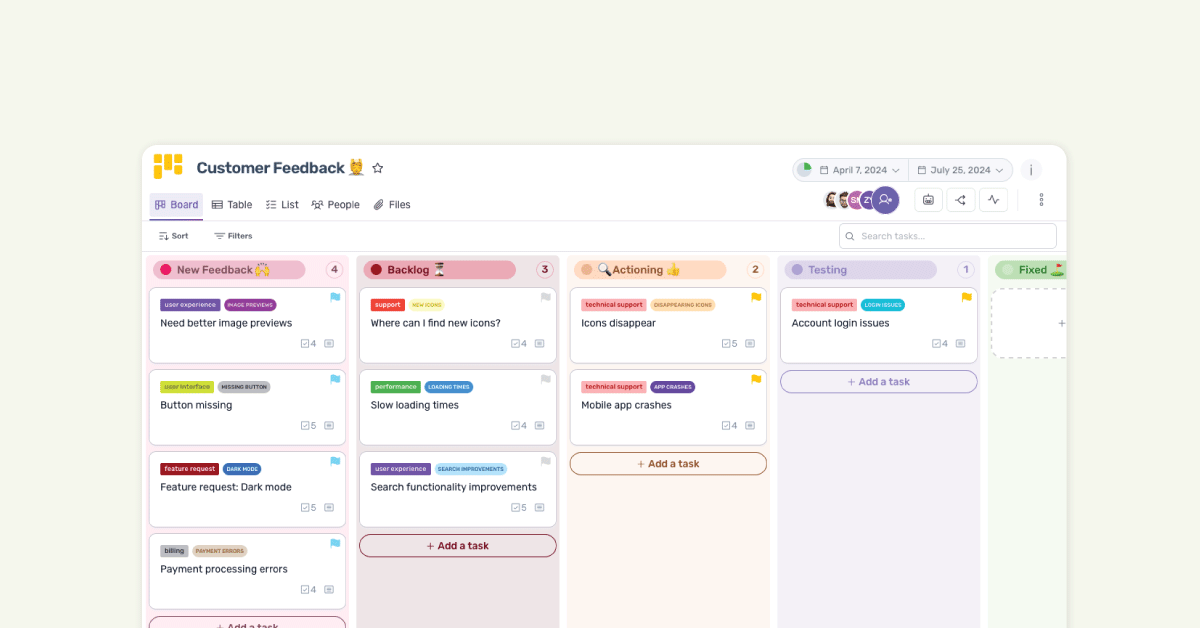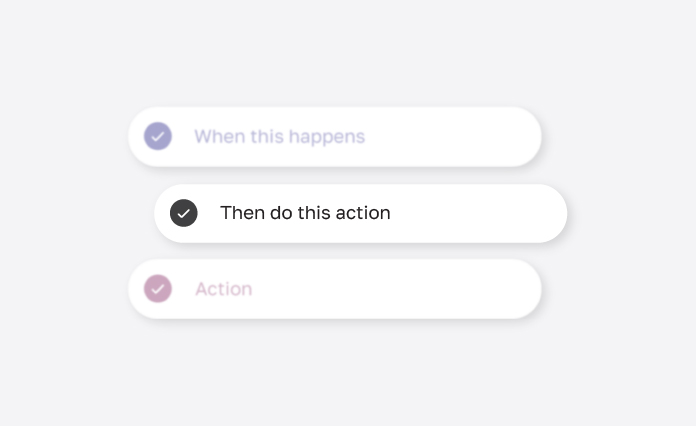Artificial Intelligence (AI) development has become increasingly prevalent in today’s technology landscape. As organizations aim to leverage AI to drive innovation and gain a competitive edge, effective project management becomes crucial. In this article, we will explore the importance of project management in AI development and discuss the features, benefits, and factors to consider when selecting project management software for AI projects. Moreover, we will delve into the implementation process and address potential challenges that may arise.

Understanding the Basics of AI Development
Before delving into project management aspects, it is essential to grasp the basics of AI development. AI encompasses the simulation of human intelligence in machines that can process data, learn from it, and make decisions or predictions based on the information. AI techniques such as machine learning, natural language processing, and computer vision contribute to the development of intelligent systems. These systems can automate tasks, analyze data patterns, and provide insights that improve decision-making processes.
When it comes to AI development, there are several key concepts to understand. Machine learning is a fundamental aspect of AI, where algorithms are trained on large datasets to recognize patterns and make predictions. Natural language processing enables machines to understand and interpret human language, allowing for applications like chatbots and voice assistants. Computer vision, on the other hand, focuses on enabling machines to “see” and interpret visual data, enabling applications like facial recognition and object detection.
AI development is not limited to just these techniques. There are various other subfields and methodologies within AI, such as deep learning, reinforcement learning, and expert systems. Each of these approaches has its own unique characteristics and applications, contributing to the diverse landscape of AI development.
The Role of AI in Today’s Tech Landscape
AI technologies have revolutionized various industries, including healthcare, finance, manufacturing, and customer service. They have the potential to optimize operational efficiency, enhance customer experience, and enable organizations to uncover valuable insights from vast amounts of data. From AI-powered virtual assistants that can schedule appointments and answer queries to autonomous vehicles that can navigate and make decisions on the road, the impact of AI is vast and continuously expanding.
In healthcare, AI is being used to analyze medical images and detect diseases at an early stage. It is also helping in drug discovery and personalized medicine, where treatments can be tailored to an individual’s genetic makeup. In finance, AI algorithms are used for fraud detection, risk assessment, and algorithmic trading. In manufacturing, AI-powered robots are improving efficiency and precision in assembly lines. And in customer service, AI chatbots are providing instant support and personalized recommendations to customers.
With the increasing availability of data and advancements in computing power, AI is poised to play an even bigger role in the future. The potential applications of AI are vast, and its impact on society and the economy is expected to be transformative.
Key Components of AI Development
AI development involves several key components. Firstly, quality data is essential to train machine learning models effectively. It is crucial to collect, clean, and prepare large datasets that represent the problem the AI system is intended to solve. The data should be diverse and representative of the real-world scenarios the AI system will encounter.
Secondly, algorithm selection plays a vital role. Different algorithms are suitable for different tasks, and choosing the right one for a specific use case is pivotal. Some algorithms excel at classification problems, while others are better suited for regression or clustering tasks. The choice of algorithm depends on factors such as the nature of the data, the complexity of the problem, and the desired performance metrics.
Furthermore, the availability of computation power and infrastructure is crucial to handle the computational demands of training and deploying AI models. Training deep learning models, for example, often requires powerful GPUs or specialized hardware accelerators. Cloud computing platforms have made it easier for developers to access the necessary resources without having to invest in expensive hardware.
Lastly, the deployment and maintenance of AI models require careful consideration. AI models need to be integrated into existing systems, and their performance needs to be monitored and updated regularly. Additionally, ethical considerations, such as fairness, transparency, and privacy, should be taken into account throughout the development and deployment process.
In conclusion, AI development is a complex and multidisciplinary field that encompasses various techniques, applications, and considerations. Understanding the basics of AI development is crucial for anyone looking to embark on AI projects or work with AI technologies. With the right knowledge and approach, AI has the potential to revolutionize industries and drive innovation in the years to come.
The Importance of Project Management in AI Development

Effective project management is vital to ensure the successful development and deployment of AI projects. Project managers help streamline the development process, ensure adherence to timelines, manage resources efficiently, and maintain the overall quality of the project.
Streamlining Processes with Project Management
Project management practices help organize the development process into manageable tasks, allocate resources effectively, and establish clear communication channels. By breaking down the AI development into smaller tasks, project managers can ensure that each component is completed efficiently and on time. Moreover, they can track progress, identify bottlenecks, and make necessary adjustments to keep the project on track.
For example, in an AI development project, project managers may divide the tasks into different phases such as data collection, model training, and testing. By doing so, they can assign specific teams or individuals to each phase, ensuring that the workload is distributed evenly. This division of labor allows for a more focused approach, with each team or individual working on their assigned tasks, ultimately leading to a more streamlined and efficient development process.
In addition to task allocation, project managers also play a crucial role in resource management. They ensure that the necessary hardware, software, and human resources are available and utilized effectively throughout the project. This includes coordinating with stakeholders to secure funding for the required resources and monitoring their usage to prevent any unnecessary delays or bottlenecks.
Ensuring Quality and Efficiency
Project managers play a vital role in maintaining the quality and efficiency of AI development projects. They establish quality control processes, ensure thorough testing, and validate the performance of the AI system. Additionally, project managers enable collaboration between different teams involved in the development process, ensuring seamless integration and efficient knowledge sharing.
One of the key responsibilities of project managers is to establish quality control processes that ensure the AI system meets the desired standards. This involves defining metrics for evaluating the system’s performance, conducting regular reviews, and implementing corrective measures when necessary. By closely monitoring the quality of the AI system throughout the development process, project managers can identify any potential issues early on and take proactive steps to address them.
Furthermore, project managers facilitate collaboration between different teams working on the AI development project. They encourage open communication, knowledge sharing, and coordination between data scientists, software engineers, and domain experts. This collaborative approach helps in integrating different components of the AI system seamlessly and ensures that the final product meets the desired objectives.
Moreover, project managers also prioritize thorough testing to validate the performance of the AI system. They define test cases, conduct rigorous testing, and analyze the results to identify any areas of improvement. By conducting comprehensive testing, project managers can ensure that the AI system functions as intended, delivering accurate and reliable results.
In conclusion, project management plays a critical role in the successful development and deployment of AI projects. By streamlining processes, managing resources efficiently, and ensuring quality and efficiency, project managers contribute to the overall success of AI development initiatives.
Exploring Project Management Software for AI
Project management software tailored for AI projects can significantly enhance productivity and facilitate effective collaboration. Specialized software provides features and capabilities specific to the unique requirements of AI development.
Features to Look for in Project Management Software
When selecting project management software for AI projects, it is essential to consider specific features that align with the distinct needs of the development process. Features such as task management, collaboration tools, resource allocation, and progress tracking are essential. Additionally, integration capabilities with other AI development tools and frameworks can further streamline the workflow.
Benefits of Using Specialized Software for AI Projects
The utilization of specialized project management software for AI projects brings numerous benefits. It enables teams to have a unified platform for communication and collaboration, ensuring transparency and efficient information sharing. Furthermore, specialized software offers automation capabilities, reducing manual effort and increasing overall productivity. Finally, robust reporting and analytics features provide valuable insights into project performance, enabling project managers to make data-driven decisions.
Choosing the Right Project Management Software for Your AI Project

Selecting the right project management software for an AI project requires careful consideration of various factors.
Factors to Consider When Selecting Software
Consider factors such as scalability, cost, user interface, and customization options when evaluating project management software options. Scalability ensures that the software can handle the growing demands of AI projects. Cost considerations include licensing fees, maintenance costs, and potential training requirements. Evaluating the user interface and customization options helps ensure that the software is intuitive and adaptable to specific project needs.
Evaluating Software Options
During the evaluation process, it is crucial to assess the software’s compatibility with existing AI development tools, integration capabilities with other systems, and the level of support provided by the software vendor. Taking advantage of trial periods or demos can help gain hands-on experience with the software and make informed decisions.
Implementing Project Management Software in AI Development
Integrating project management software into AI development projects requires careful planning and execution.
Steps to Successfully Integrate New Software
To ensure a smooth integration process, it is important to define clear objectives, establish a project management framework, and develop a comprehensive implementation plan. Adequate training and support should be provided to the teams involved to familiarize them with the new software and its features. Regular evaluations and feedback mechanisms should be in place to identify areas for improvement and ensure continuous optimization.
Overcoming Potential Challenges in Implementation
During the implementation process, some challenges may arise, such as resistance to change, data compatibility issues, or limited resources. Project managers should proactively address these challenges by fostering a positive attitude towards the new software, collaborating with data experts to resolve compatibility issues, and allocating resources effectively to overcome any limitations.
Overall, project management software tailored for AI development projects provides the necessary tools and capabilities to streamline processes, optimize efficiency, and ensure high-quality outcomes. By understanding the basics of AI development, recognizing the importance of project management, selecting the right software, and adequately implementing it, organizations can effectively manage their AI projects and unlock the full potential of this groundbreaking technology.










